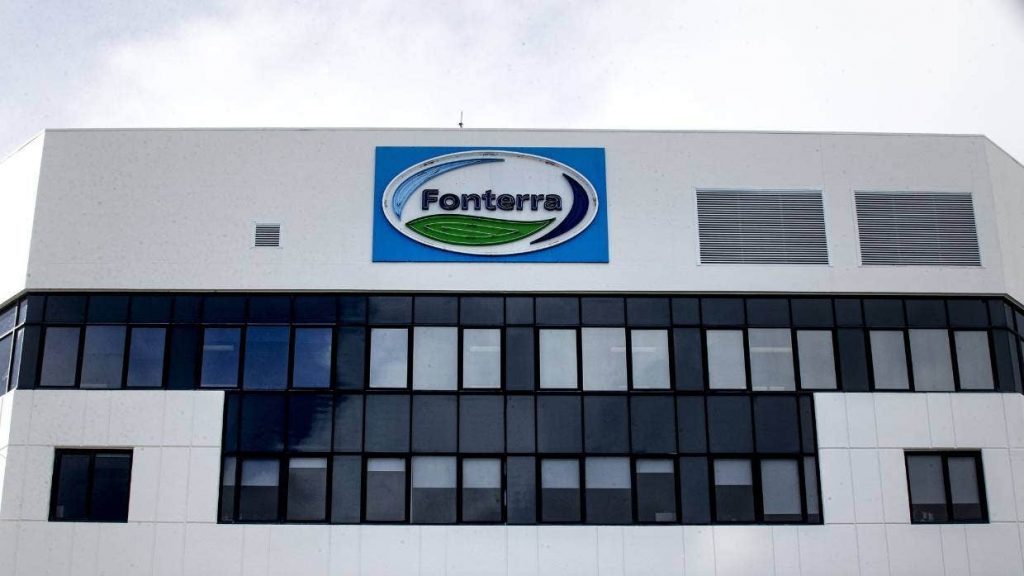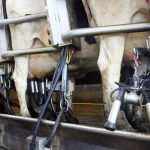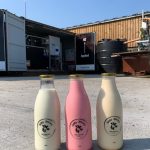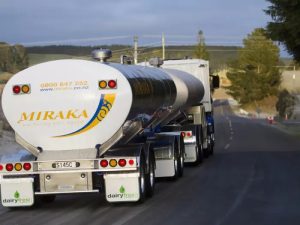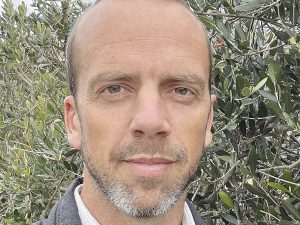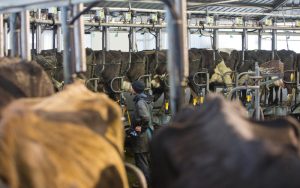
Fonterra’s palm kernel expeller supplier has illegal plantations inside Indonesian national parks and wildlife sanctuaries, a new report from Greenpeace Indonesia has found.
Palm kernel expeller (PKE), a by-product of the palm oil industry, is used as supplementary feed in the dairy sector.
According to the report, called Deceased Estate: Illegal palm oil wiping out Indonesia’s national forest, Singaporean company Wilmar International was one of four palm oil producers with at least 50,000 hectares of plantation inside protected areas.
This included 5ha in conservation areas where no plantation was permitted and 627ha in limited forest production, which was forest that was environmentally sensitive and must not be cleared.
Wilmar also owns well-known Kiwi brands Chelsea sugar and Vogels.
Fonterra has partnered with Wilmar International to import PKE since 2008. In 2018, a Greenpeace investigation found that Wilmar International has been linked with the mass destruction of rainforest in Papua, Indonesia.
Last year Fonterra handed control of its PKE imports to Wilmar, selling half its share in the Agrifeeds brand.
Greenpeace campaigner Christine Rose said it was now seeing evidence of New Zealand dairying benefiting from illegal deforestation for palm oil and PKE.
Fonterra head of corporate sustainability Lee Stewart said while it was committed to the responsible sourcing of palm products and was working with suppliers to avoid deforestation, the claims made in the report were concerning.
Fonterra was makings inquiries, he said.
Fonterra was a member of the Roundtable on Sustainable Palm Oil and sourced its palm product from Wilmar International, which led the sustainable sourcing in the industry. Wilmar had a strict ban on deforestation and exploitation of labour, Stewart said.

A breach by member OIO Group in 2009, when its plantation boundaries overlapped with the forest estate, was considered unintentional. While the roundtable temporarily suspended OIO in 2016 over complaints relating to the plantations, it closed the case in 2018 with the plantations appearing to still be in place, Greenpeace claims.
Rose said New Zealand’s dairy sector was a major beneficiary of the illegal plantations.
The dairy sector was “cashing in” on the destruction the illegal plantations caused to endangered species, rainforest and indigenous livelihoods in affected regions of Indonesia, she said.
The sector used PKE to support herd intensification and expansion, while outsourcing the environmental costs both in Indonesia and New Zealand, and Greenpeace wanted PKE imports to be stopped, Rose said.
Federated Farmers dairy chairman Wayne Langford said farmers used PKE as supplementary feed for dairy cows when grass was low in spring and autumn, and in the event of summer droughts.
”PKE is a great tool in the toolbox for dairy farmers, in terms of a feed that is very easy to use. There are not a lot of animal health repercussions and there’s no lead time. You can be not feeding it one day, and start feeding with it the next.”
Using it didn’t require much infrastructure of feeding mechanisms, such as feed pads, which was why its use had grown in New Zealand.
However, there were growing incentives to use less of it. Fonterra now limited its use to 3 kilograms per cow a day, to avoid it affecting the quality of the milk, Langford said.
“The Greenpeace report is certainly concerning if it’s true. We don’t want to see any more damage to rainforests than anyone else does.”
